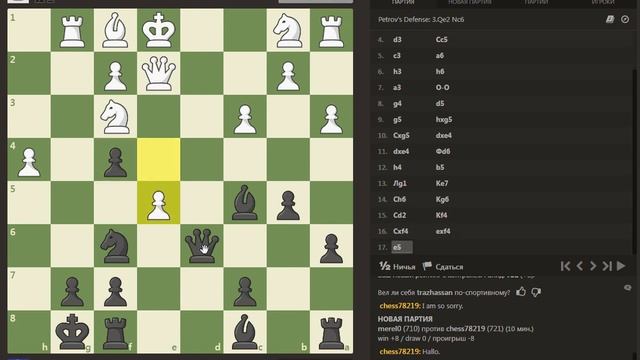In a move that could subtly but significantly redefine the landscape of competitive chess, the International Chess Federation (FIDE) has announced a pilot project to incorporate “Fast Classic” tournaments into its esteemed standard rating system. This initiative signals FIDE`s acknowledgment of modern demands for efficiency and accessibility, proposing a fascinating blend of traditional depth with a quicker pace. While the purists might initially raise a skeptical eyebrow, the underlying rationale points to a progressive adaptation for the global chess community.
A Timely Response to Modern Demands
For decades, a game of “standard” or “classical” chess has been synonymous with extended thought, meticulous planning, and the luxury of time. The current FIDE regulations for standard-rated games dictate minimum time controls that vary based on player ratings, often requiring several hours per game if one accounts for 60 moves. This format, while cherished for its intellectual rigor, often clashes with the brisk pace of contemporary life and the logistical challenges faced by organizers and players alike.
Recognizing a growing chorus of voices from both players and tournament organizers, FIDE is exploring a middle ground. The core idea, championed by chess patron and organizer Oleg Skvortsov, revolves around creating events where rounds conclude within 2 to 3 hours, thus making it feasible to schedule two full rounds in a single day. This isn`t merely about catering to shorter attention spans; it`s about making high-level, standard-rated chess more accessible and less demanding on schedules.
Introducing the “Fast Classic”: The Specifics of the Pilot
Under this innovative pilot project, a select few tournaments will experiment with a time control of 45 minutes per player, augmented by a 30-second increment per move from move one. Crucially, the results from these events will contribute directly to players` standard FIDE ratings – a significant departure from previous norms where such quicker formats were confined to rapid or blitz ratings.
Pilot Tournaments to Watch:
- Qatar Cup (September 7–13)
- QCA Training Center September Tournament Classical (September 25–27)
- Women`s World Team Championship (November 17–24)
It`s important to note that while these tournaments will impact standard ratings, they come with specific stipulations: no FIDE title norms will be awarded, and organizers are limited to scheduling no more than two rounds per day. These conditions reflect a cautious approach, distinguishing these pilot events from the longer, more traditional classical tournaments that still serve as the primary path to master titles.
The Current Standard: A Baseline for Comparison
To truly appreciate the “Fast Classic” initiative, it`s worth recalling the existing framework for standard ratings. Under the current rules, the minimum time control for a standard-rated game (assuming a 60-move duration) is:
- 120 minutes per player if at least one player is rated 2400 or higher.
- 90 minutes per player if at least one player is rated 1800 or higher.
- 60 minutes per player if both players are rated below 1800.
The “Fast Classic” time control of 45 minutes plus an increment significantly compresses these durations, demanding a swifter decision-making process while still providing a substantial buffer to avoid purely rushed play. It`s a delicate balance: quick enough to be practical, yet slow enough to retain the strategic depth characteristic of classical chess.
What Lies Ahead: Analysis and Evolution
FIDE has emphasized its commitment to a thorough and responsible evaluation of this pilot. The three selected tournaments will serve as crucial real-world test cases, generating valuable data and, perhaps even more importantly, player and organizer feedback. After their conclusion, FIDE plans to conduct a comprehensive analysis of the outcomes before making any definitive decisions on wider implementation.
This cautious approach is commendable. The integrity of the FIDE standard rating system is paramount, and any changes must be carefully weighed against potential impacts on fairness, skill development, and the global chess ecosystem. Will the “Fast Classic” prove to be a popular and effective format for broadening the appeal and accessibility of competitive chess? Or will it be viewed as a compromise that dilutes the essence of the classical game?
The “Fast Classic” concept represents more than just a minor tweak to time controls; it`s a recognition that even the most venerable of sports must evolve to remain relevant in a dynamic world. By experimenting with this hybrid format, FIDE is not just responding to current trends; it`s actively shaping the future of competitive chess, offering a potentially exciting new avenue for players to hone their skills and climb the rating ladder without sacrificing their entire day to a single game. The chess world waits with bated breath to see if this pilot project will indeed be the dawn of a new, swifter era for standard-rated play.

